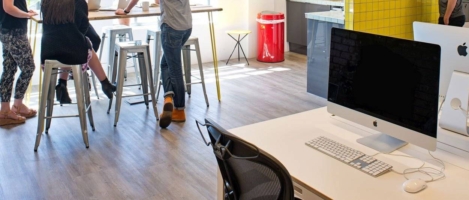August 4, 2015
Employers must support older workers with chronic ill health 0
 As a recent profile in the Guardian Magazine of workers in their 70s, 80s and 90s illustrated, people who work well into old age are still viewed as remarkable. Yet by 2020, a third of the UK’s workforce will be more than 50 years old. Following the scrapping of the Default Retirement Age, more than 1.4m people in the UK are working after state retirement age, of whom around 300,000 are aged over 70. Now the Health at Work Policy Unit of Lancaster University’s Work Foundation has issued a White Paper, ‘Living Long, Working Well: Supporting older workers with health conditions to remain active at work’, which warns that 42 per cent of over 50s have often manageable chronic illnesses that – if left unsupported by employers, could undermine their productivity, increase their absence from work or even force them out of work altogether.
As a recent profile in the Guardian Magazine of workers in their 70s, 80s and 90s illustrated, people who work well into old age are still viewed as remarkable. Yet by 2020, a third of the UK’s workforce will be more than 50 years old. Following the scrapping of the Default Retirement Age, more than 1.4m people in the UK are working after state retirement age, of whom around 300,000 are aged over 70. Now the Health at Work Policy Unit of Lancaster University’s Work Foundation has issued a White Paper, ‘Living Long, Working Well: Supporting older workers with health conditions to remain active at work’, which warns that 42 per cent of over 50s have often manageable chronic illnesses that – if left unsupported by employers, could undermine their productivity, increase their absence from work or even force them out of work altogether.































August 5, 2015
Using office relocation as a vehicle for positive organisational change 0
by Lee Parsons • Comment, Facilities management, Workplace, Workplace design
(more…)